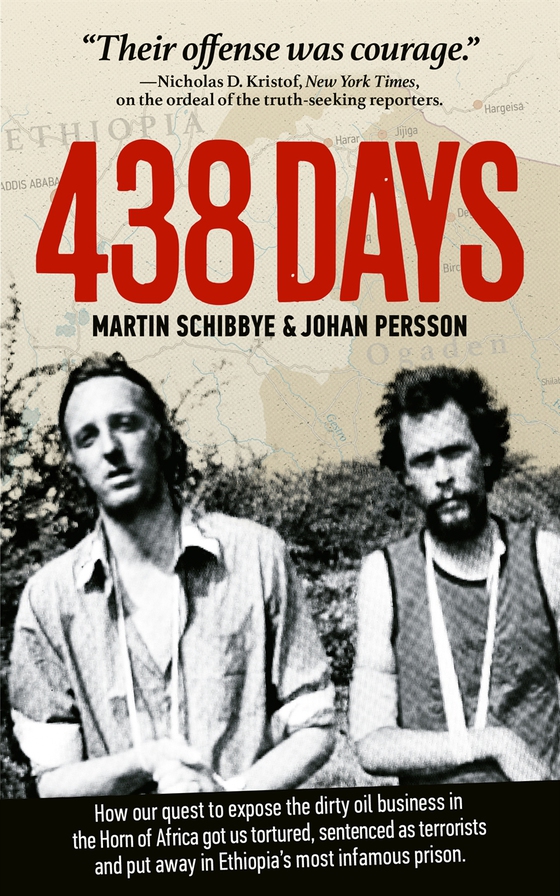
438 days : how our quest to expose the dirty oil business in the Horn of Africa got us tortured, sentenced as terrorists and put away in Ethiopia's most infamous prison e-bok
119 kr
”This book would not exist if things had not gone off the rails. On the night of 28 June 2011, we risked everything when, under cover of darkness, we slipped across the border between Somalia and Ethiopia. We wanted to investigate how relentless oil prospecting was affecting people in the closed-off and conflict-ridden region of Ogaden. Our goal was to go beyond the alarmist reports, or the des...
E-bok
119 kr
Förlag
Offside Press
Utgiven
10 April 2018
Genrer
Samhälle Och Politik, Fackböcker
Språk
English
Format
epub
Kopieringsskydd
Vattenmärkt
ISBN
9789185279395
”This book would not exist if things had not gone off the rails. On the night of 28 June 2011, we risked everything when, under cover of darkness, we slipped across the border between Somalia and Ethiopia. We wanted to investigate how relentless oil prospecting was affecting people in the closed-off and conflict-ridden region of Ogaden. Our goal was to go beyond the alarmist reports, or the descriptions provided by refugees—to get at the truth using our own eyes and ears. Five days later we lay shot and bleeding in the desert sand. But in that very moment when the original assignment died, another story began. A story of legal tampering, propaganda, and geopolitical manoeuvring. After a Kafkaesque trial we were sentenced to eleven years in prison for terrorist offences. We were far from alone. Streams of journalists and politicians, as if on a conveyor belt, were being imprisoned for refusing to be at the beck and call of the dictatorship. Our investigation into oil had turned into a story about ink. Everyday life turned into a battle for survival in the notorious Kality Prison. On a cement floor under a corrugated iron roof—in a world of deadly diseases, beatings and oppression—we carved an existence based on rigid adherence to routine. Despite our shoe-laces and our freedom of speech being taken from us, we struggled to hold on to the most valuable thing in the world. The freedom to determine one’s own identity.”
Inga recensioner än





